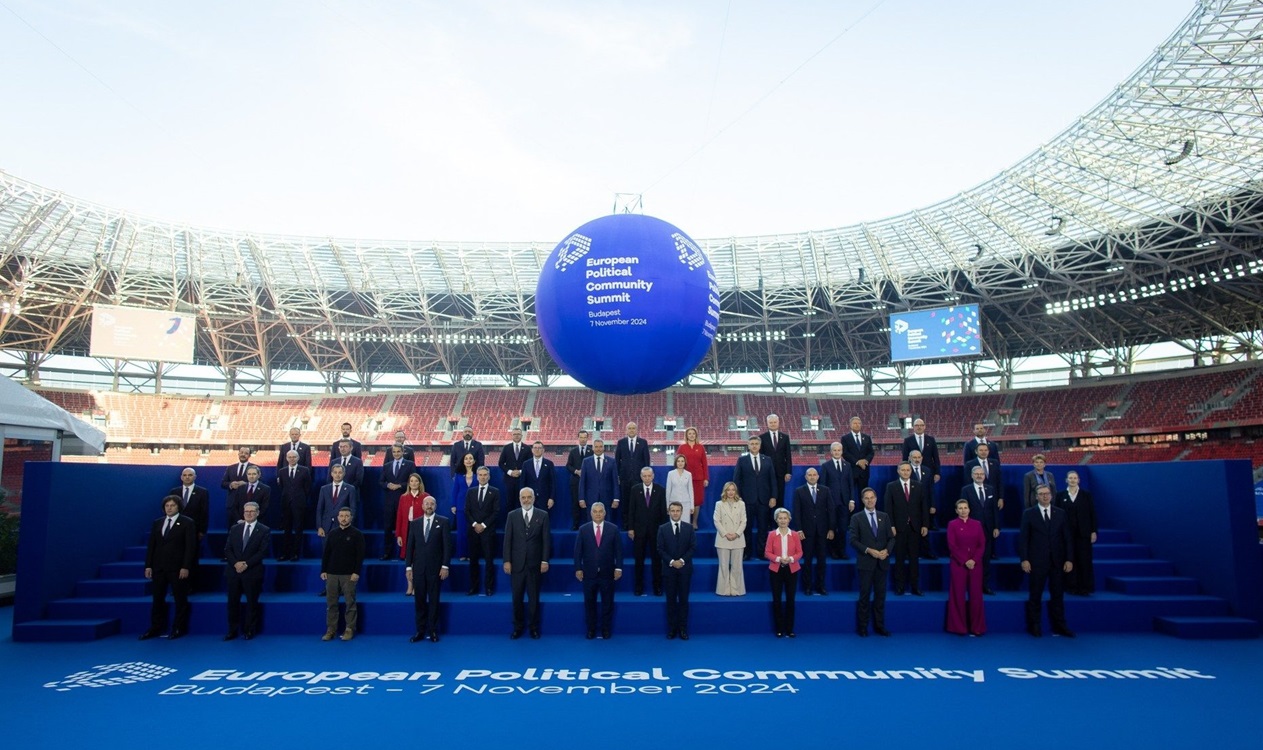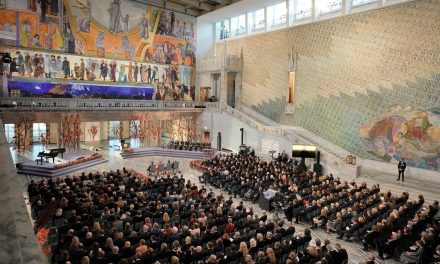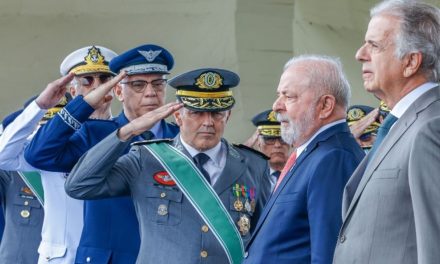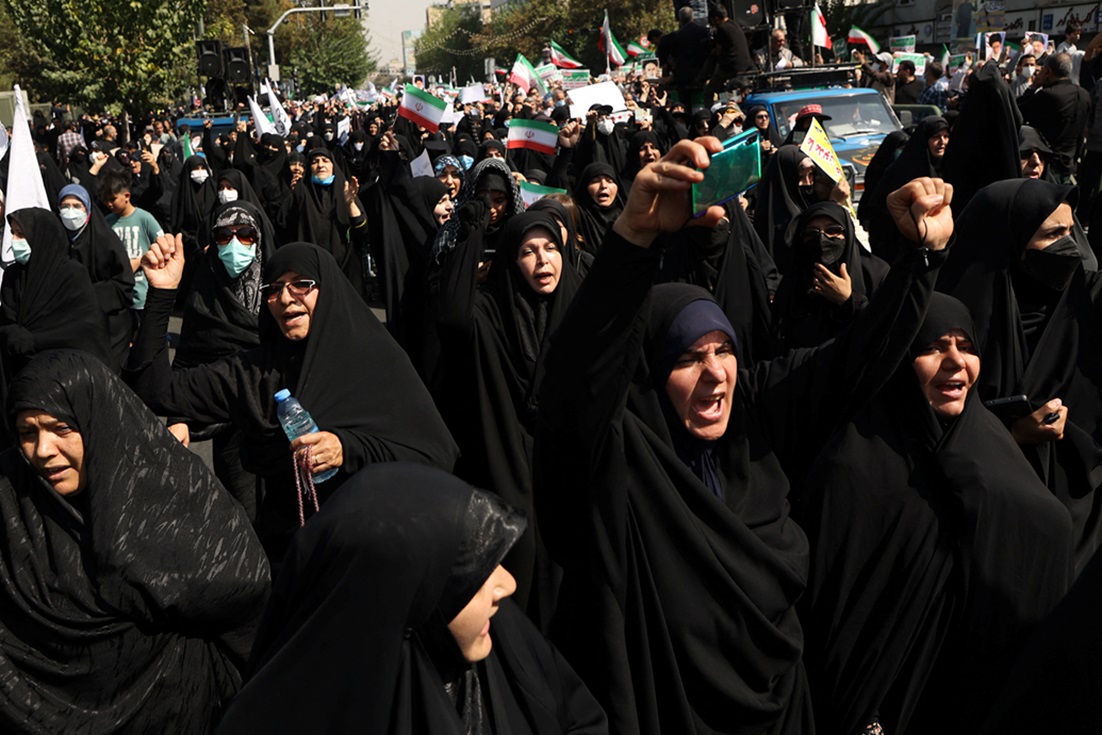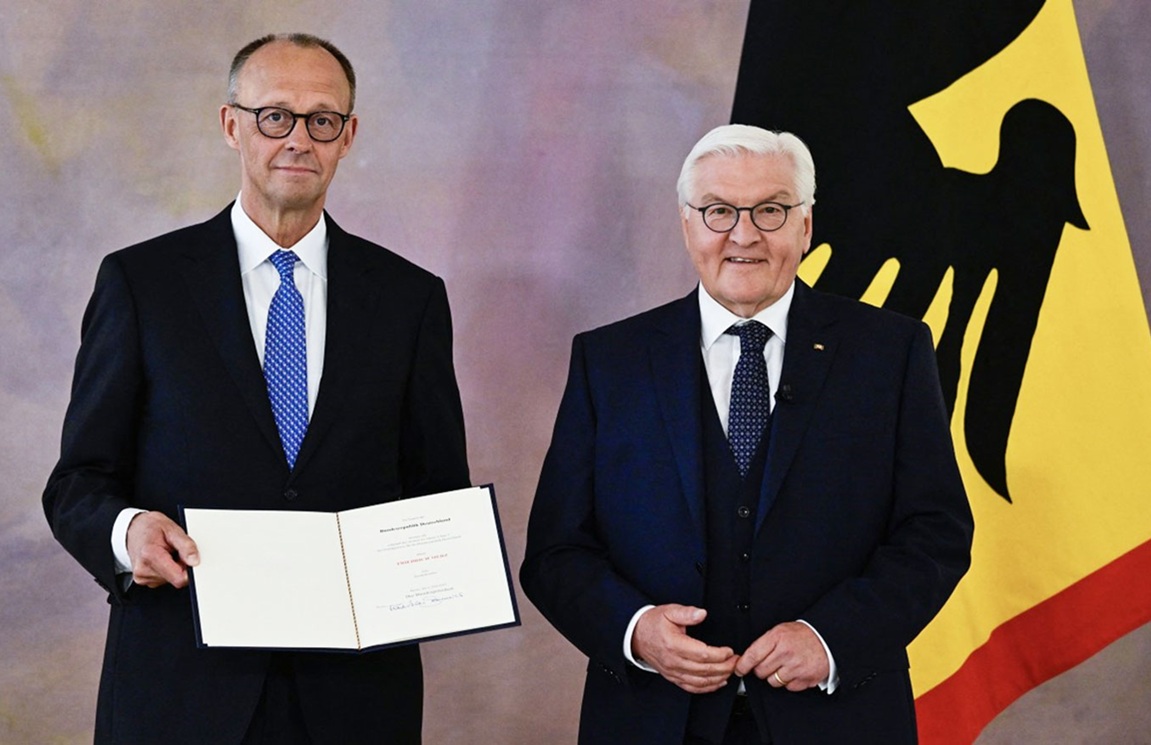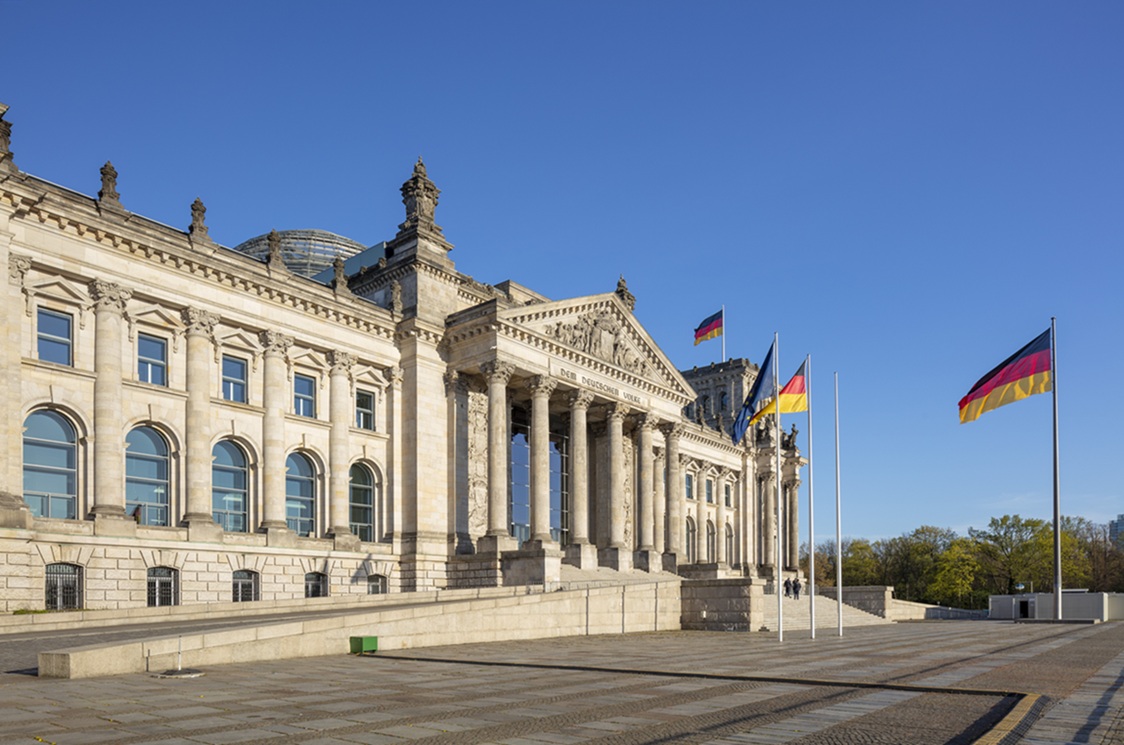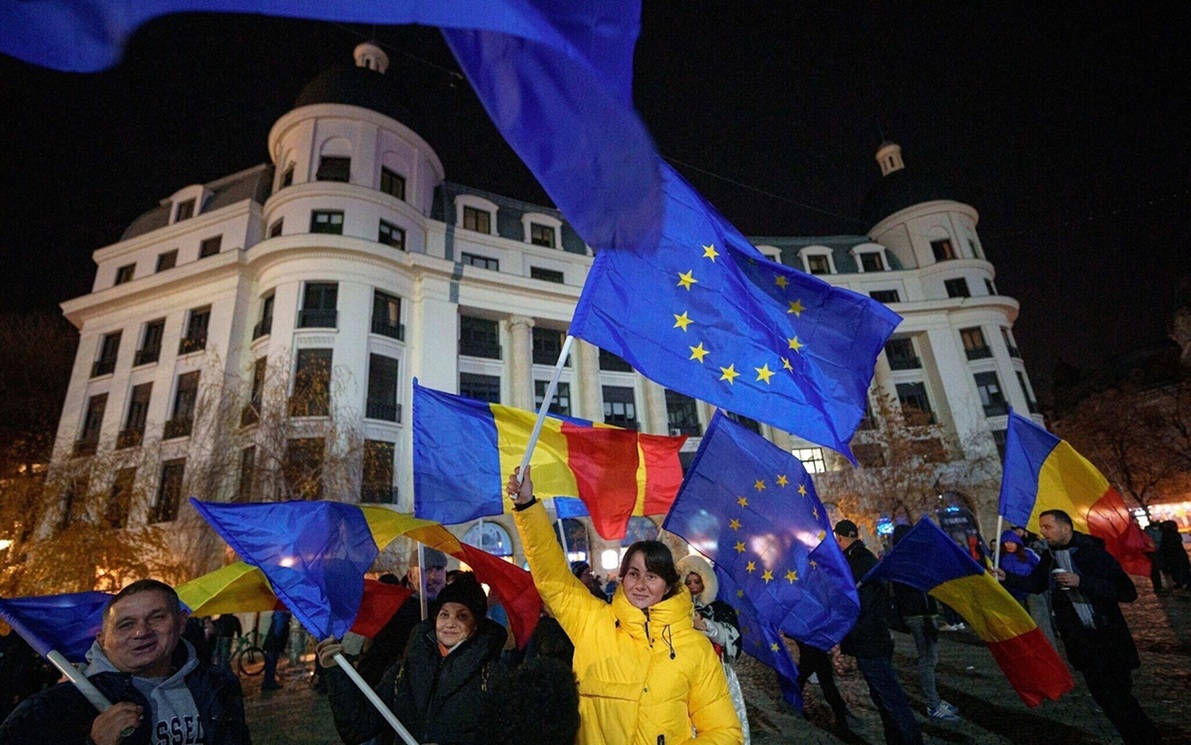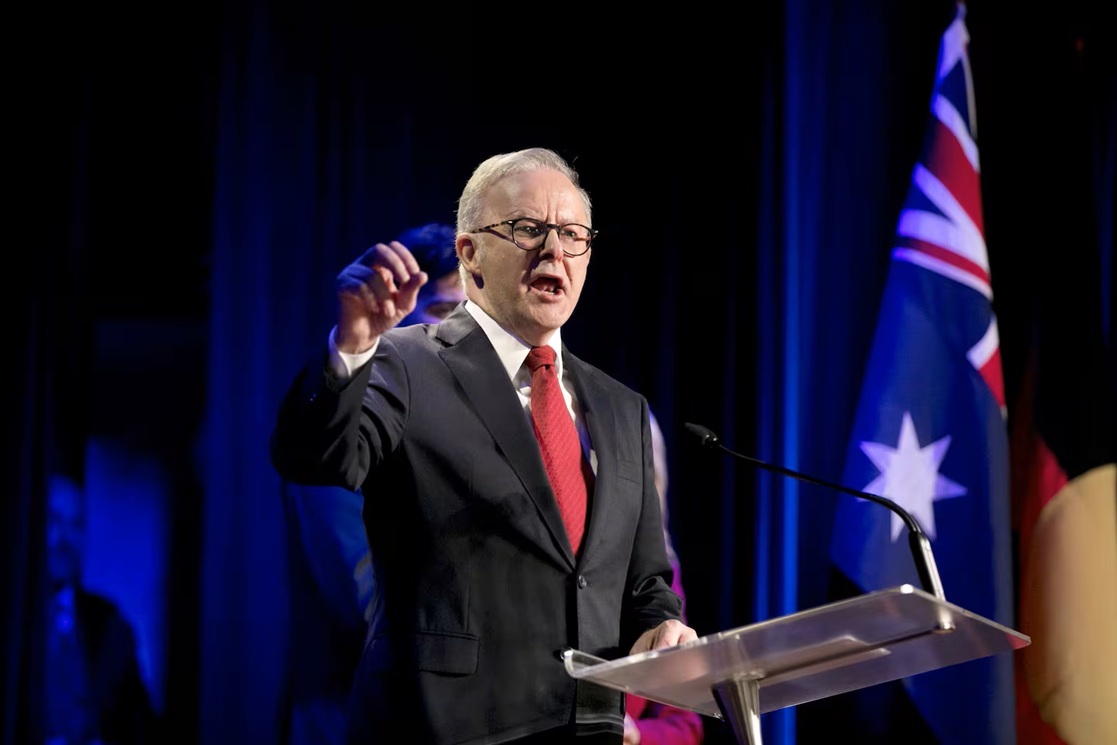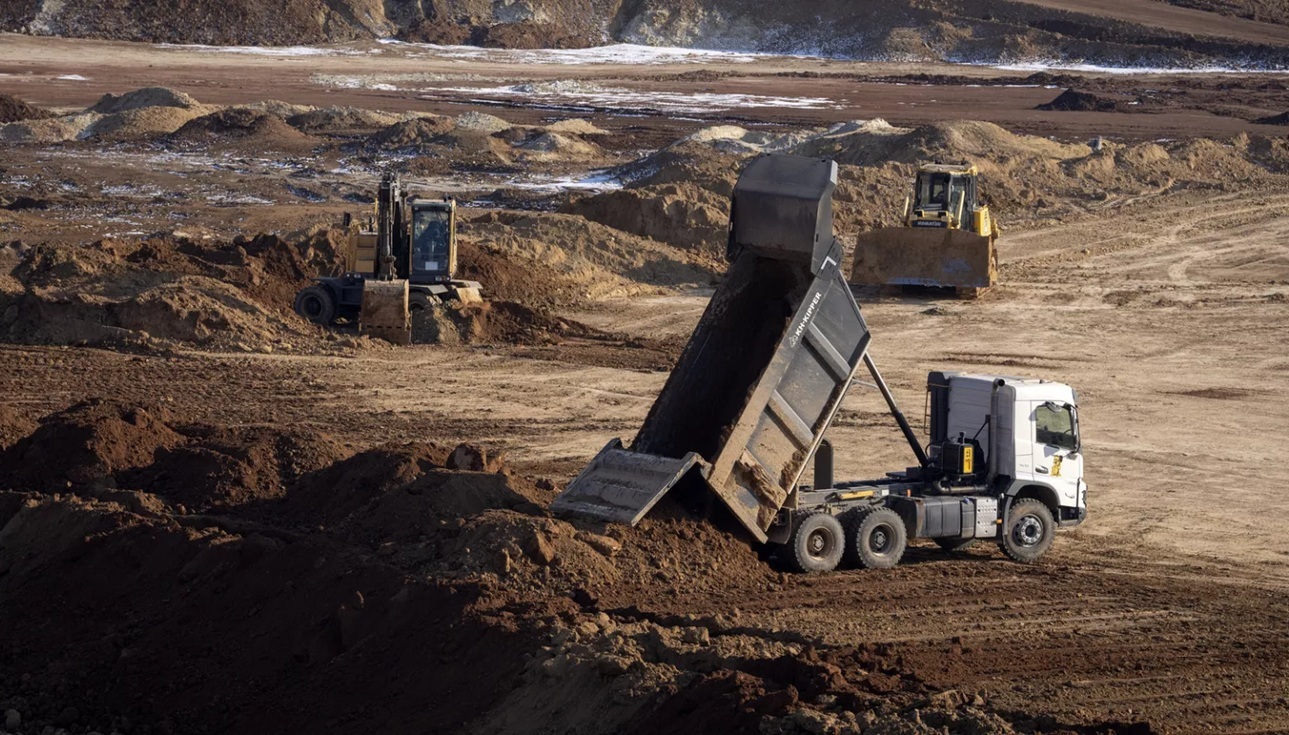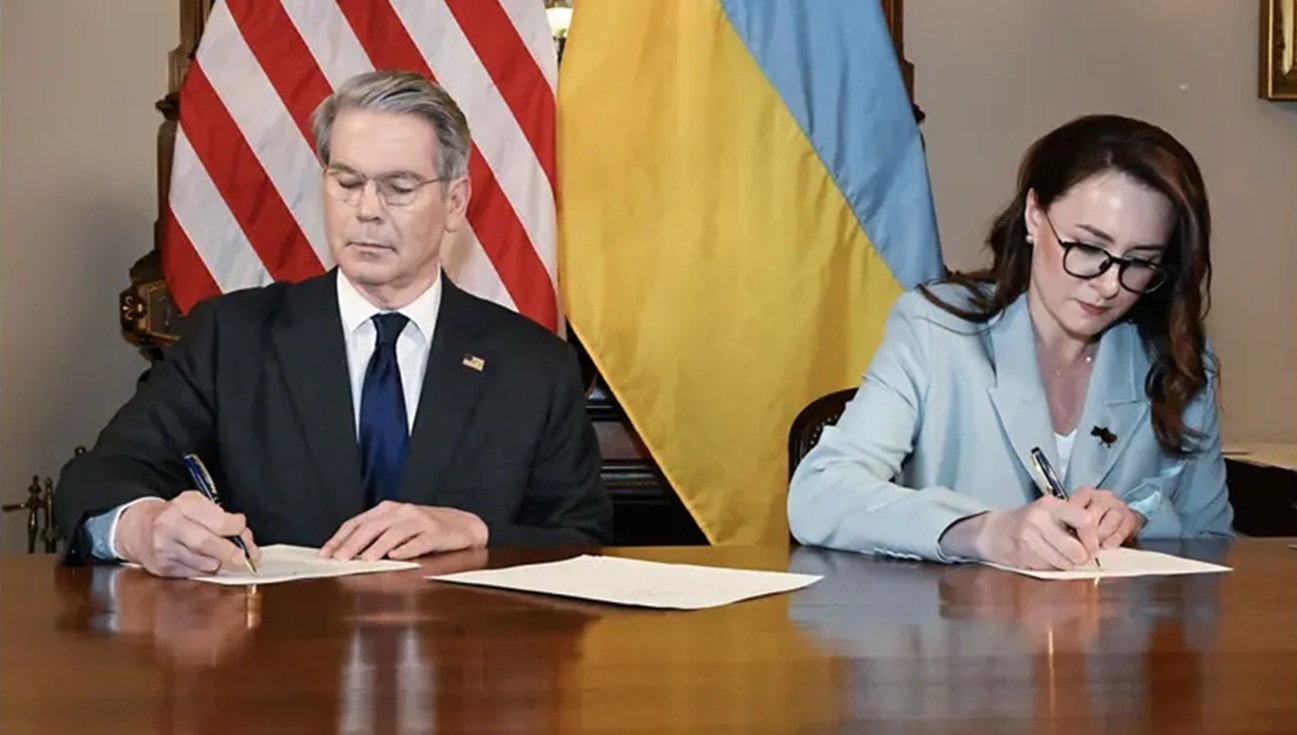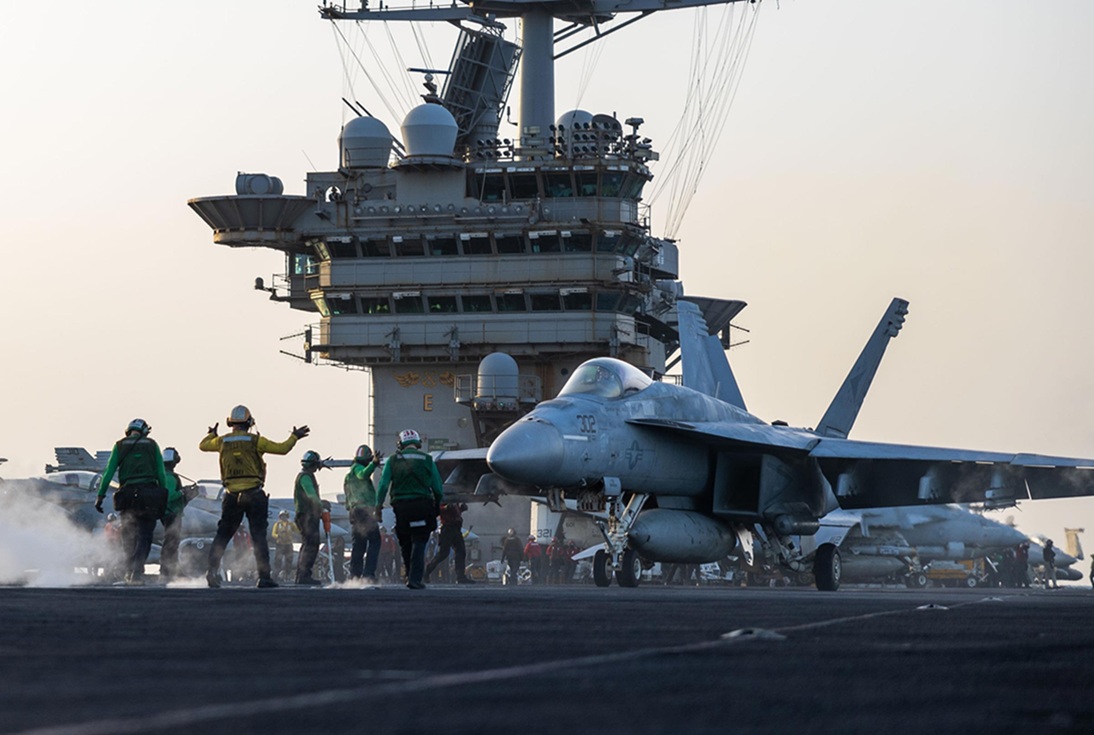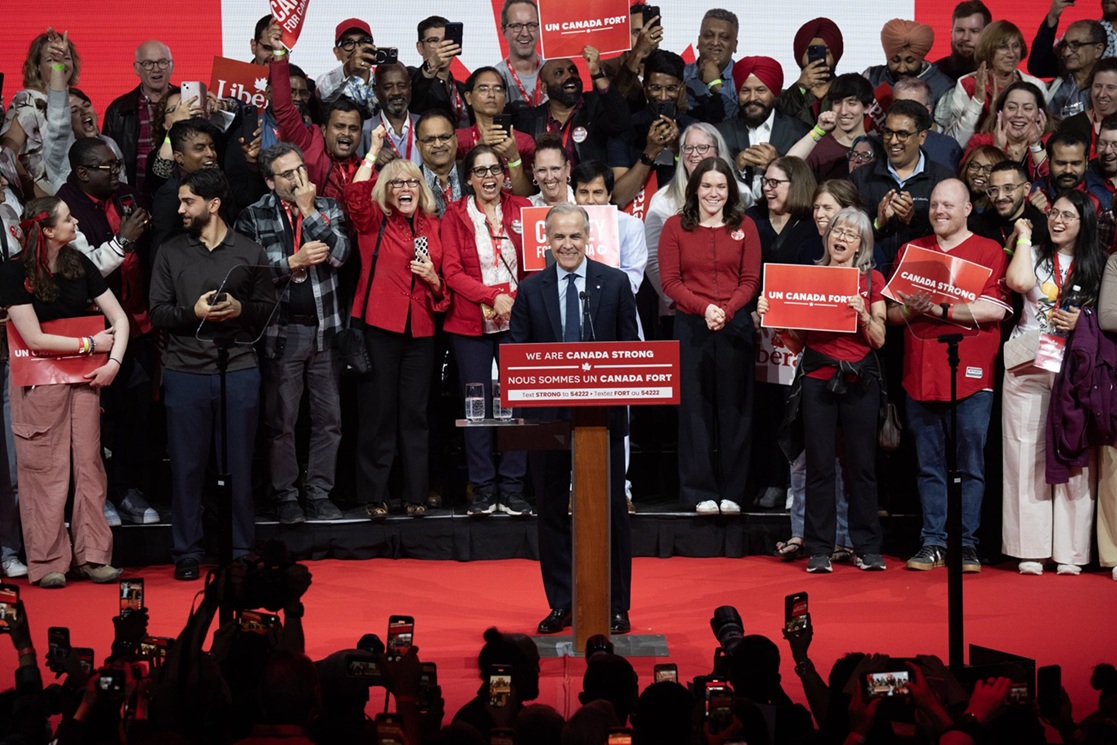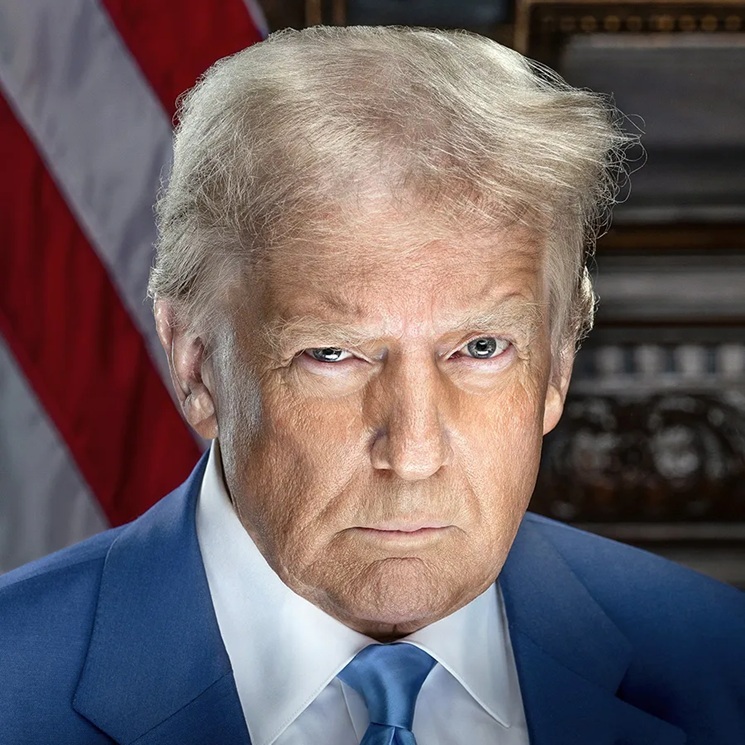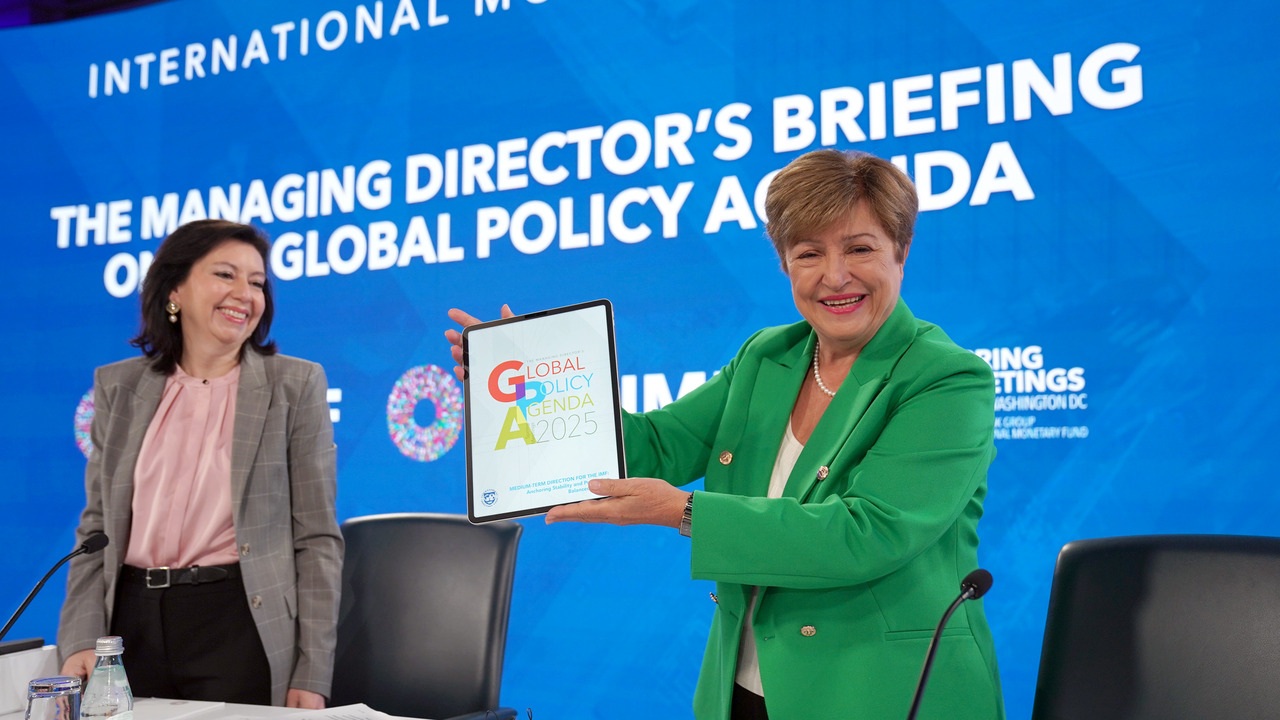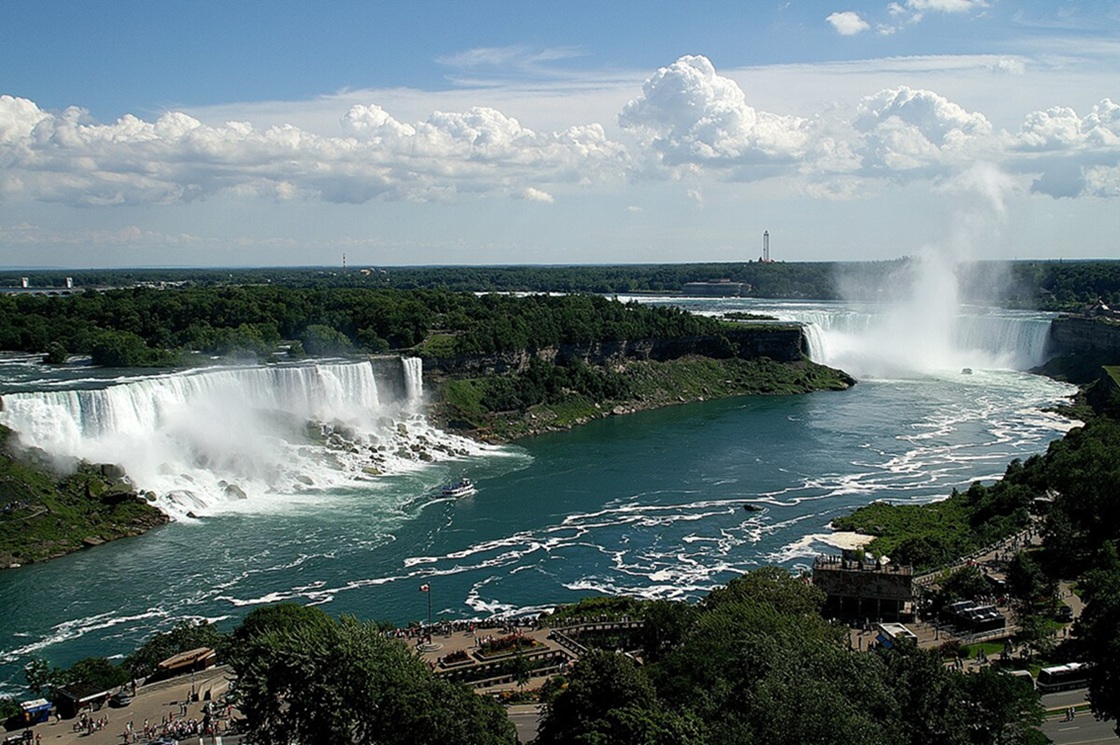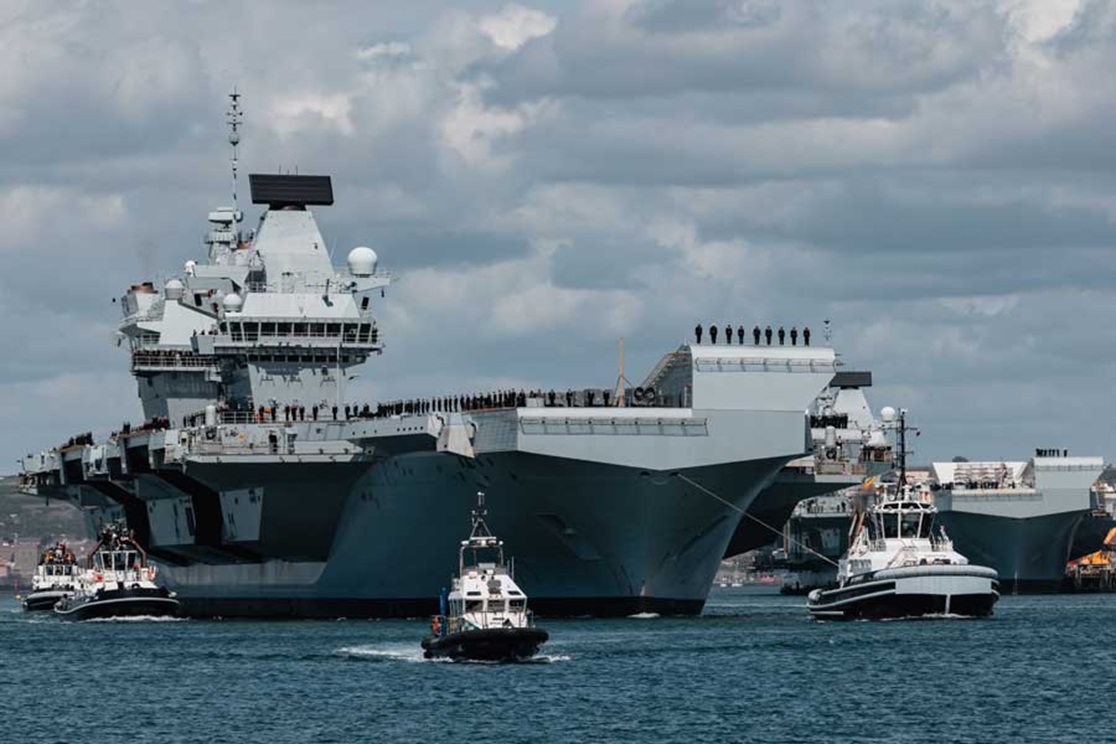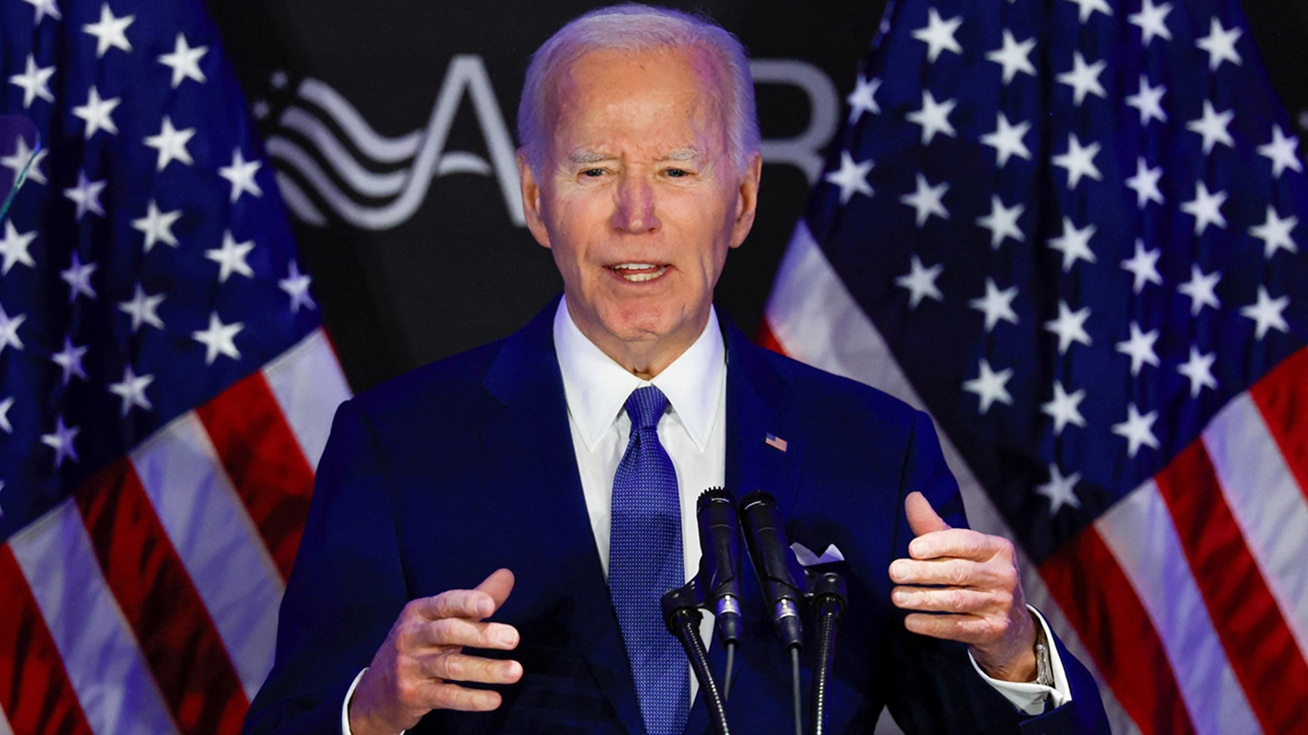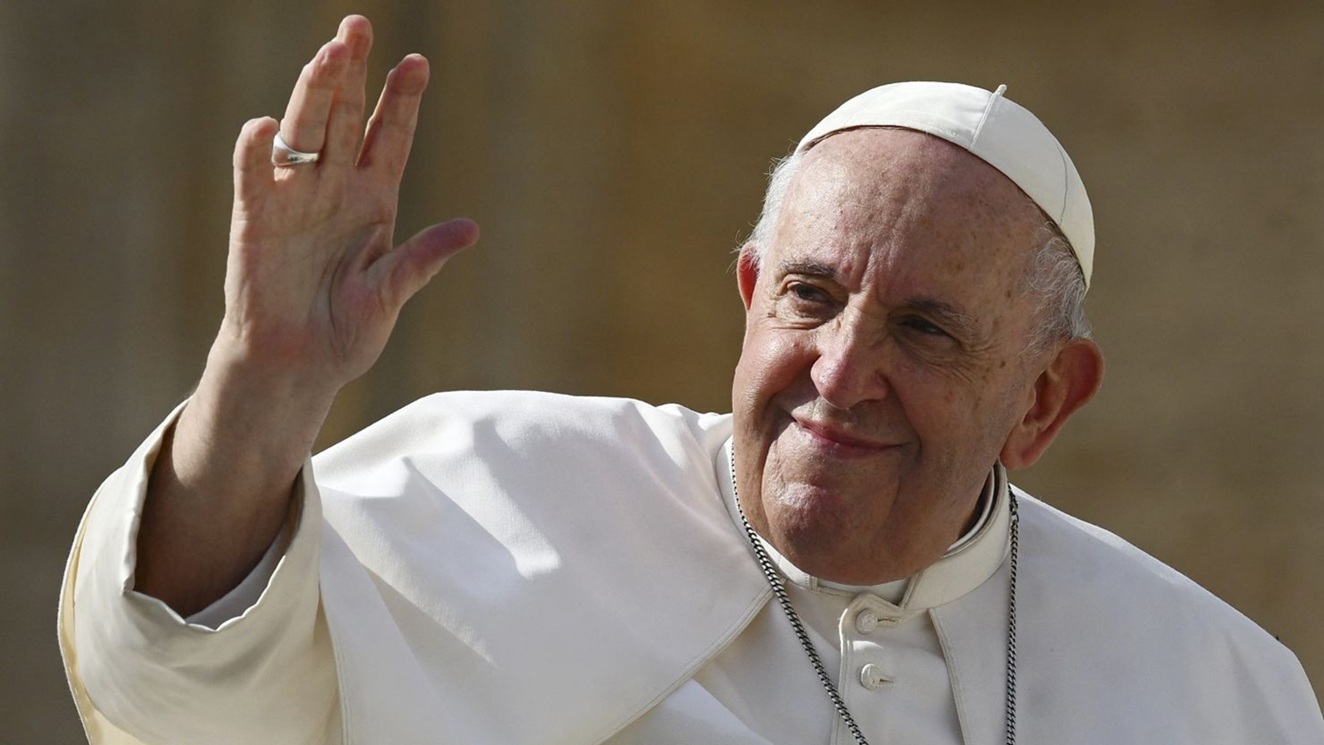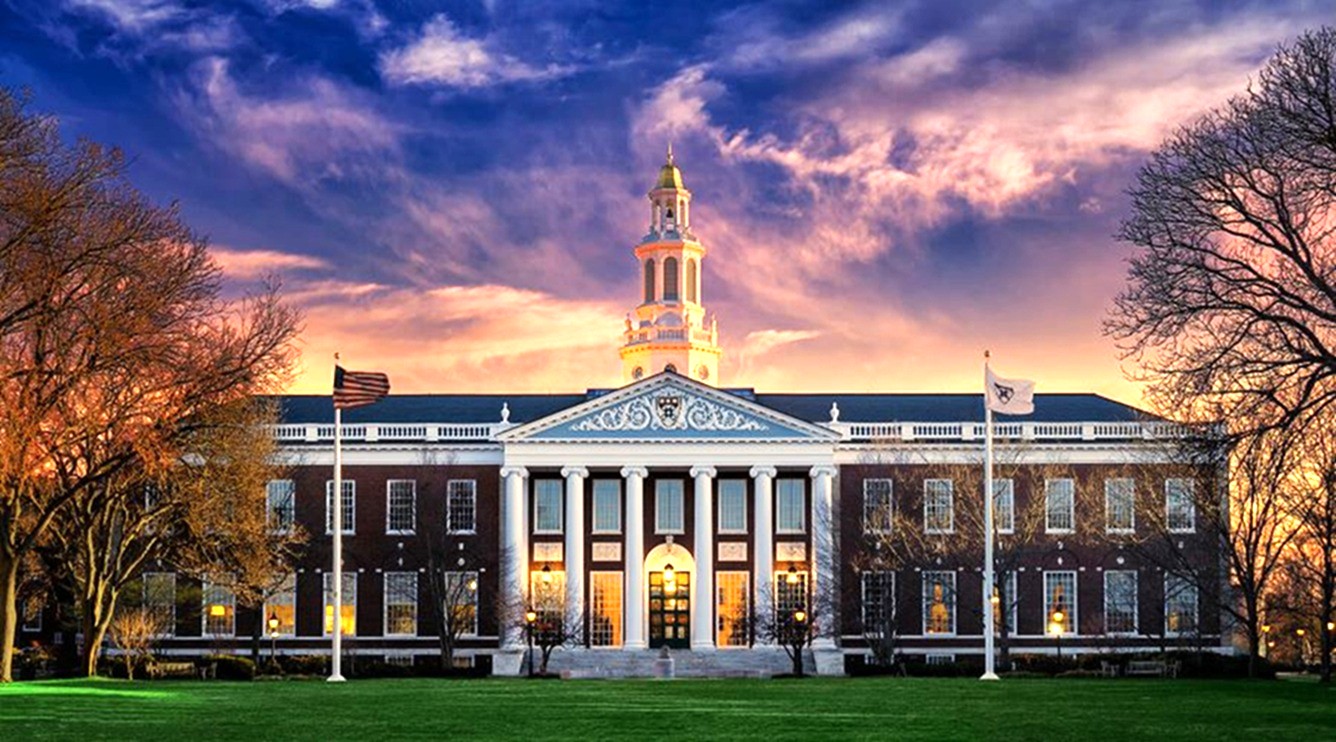Dear friends,
The Elders have long been advocates for nuclear disarmament and minimising the risks these weapons pose for humanity at large. This year, as we approach the 80th anniversary of the infamous bombings of Hiroshima and Nagasaki, the need to raise awareness of nuclear weapons as an existential threat to humanity is more acute than ever. That risk is increasing because of immense geopolitical tensions and volatility. Incredibly, we are witnessing a growing salience of those weapons, a circumstance well illustrated by the open threats by Russia to use them in the conflict triggered by its unlawful and inhumane invasion of Ukraine.
Eighty years after they were first used, the bottom line remains simple: nuclear weapons pose a terrible danger to us all. As long as they remain in existence, it is highly likely that they will eventually be used – if not by design, then by mistake or miscalculation. The more countries that possess these weapons, the more these dangers increase.
Nuclear warheads today are much larger than the bombs that were dropped in 1945 – even a single nuclear weapon can cause unimaginable destruction, and nuclear war would be the end of civilisation as we know it.
Yet even in the face of this danger, nuclear states continue to expand and modernise their arsenals, reaffirming their role within their security planning. As nuclear powers compete for supremacy, a new arms race is underway and this time, it’s riskier, harder to control and more expensive than ever before.
At the same time, the long-standing nuclear taboo – the idea that nuclear weapons should not be used – is weakening. Not only the leader of Russia but other leaders as well have brandished nukes to advance their countries’ strategic interests. Regrettably, the possession of nuclear weapons is becoming a normalised tool of international power projection.
Yet, as we look to the multilateral system for regulation and limitation, it remains increasingly paralysed. Nuclear arms control is on the brink of collapse, with key treaties failing. New START, the last major agreement limiting US and Russian arsenals, is set to expire in just nine months. It currently seems unlikely that a follow-on agreement will be negotiated and finalised in time, although it is cautiously encouraging that both the US and the Russian governments have signalled openness to negotiating a new agreement. Meanwhile, while the Treaty on the Prohibition of Nuclear Weapons (TPNW) keeps gaining support globally, it continues to be undermined by the nuclear powers themselves.
Without renewed nuclear agreements, we risk a world with no limits, no transparency, and growing chances of miscalculation or escalation.
We, the Elders, have long called for nuclear powers to engage in serious dialogue, negotiation and eventually agreement to reduce the existential risk stemming from nuclear weapons. We advocate a clear minimisation agenda as an intermediate step towards total disarmament. This agenda is expressed by our “Four Ds” framework:
- DOCTRINE – Every nuclear-armed state should declare “No First Use”;
- DE-ALERTING – Weapons must be taken off high-alert status;
- DEPLOYMENT – The number of operationally deployed warheads must be reduced;
- DECREASED NUMBERS – Total warheads must come down from 12,000, with the US, Russia and China each limiting their stockpiles to no more than 500.
While the geopolitical climate is bleak, to the point that moving towards a nuclear-free world may seem chimeric, we believe that meaningful progress can still be made. Last month, The Elders welcomed the ongoing US-Iran nuclear negotiations as a reminder that diplomacy remains not only possible, but the only effective instrument to mitigate the nuclear threat.
While we are in Japan this month for our bi-annual plenary meeting, I will be participating in our public event in Hiroshima: ‘80th Remembrance of Hiroshima and Nagasaki. Upholding the nuclear taboo in a changing world order’. Our goal is to engage with the new generation of Japanese activists on how to revitalise the global grassroot movement against nuclear weapons that has largely faded away, and to explore the role Japan can play on the issue.
As US President John F. Kennedy warned back in the Cold War era, nuclear weapons have turned the world into a prison in which humanity awaits its execution. Decades later, we must escape this prison indubitably.
Ernesto Zedillo Ponce de León
07/05/2025




